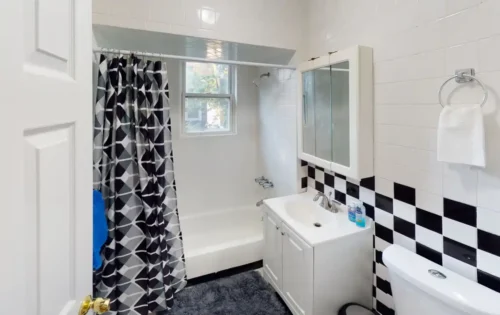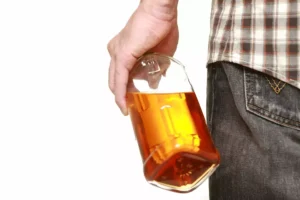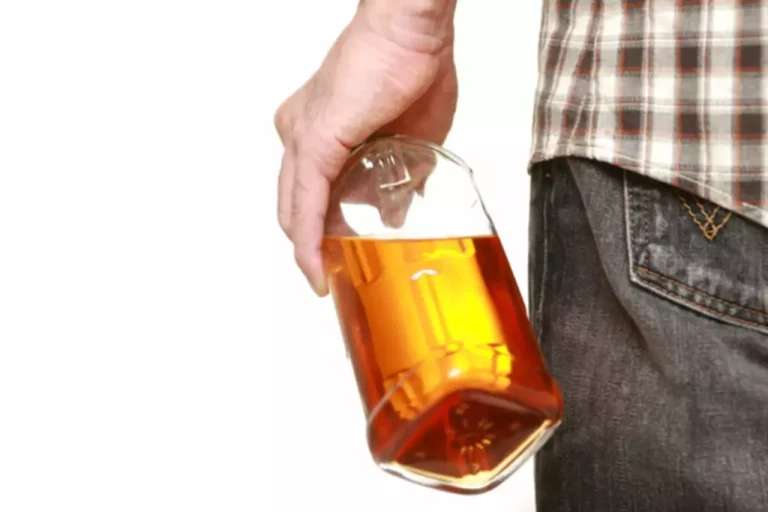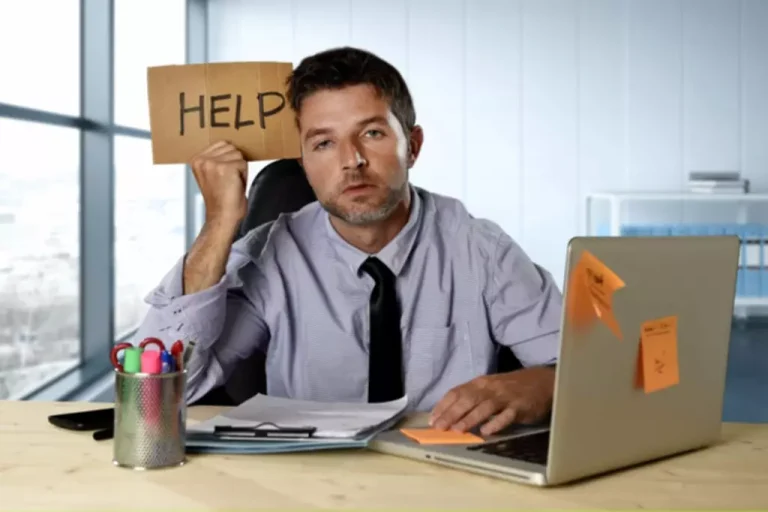
These experts recommend that those experiencing anxiety refrain from coffee or other caffeinated beverages in order to control anxiety symptoms. Temporary rises in blood pressure that happen often, such as every day, can damage the blood vessels, heart and kidneys. This is the same type of damage seen in people with long-term hypertension. “Though other beverages would be preferred for youth to drink throughout the day, if youth do drink caffeine, aim for drinks with lower amounts and stop drinking them after about lunch,” Chiappini said.
The Risks of Using Alcohol to Relieve Anxiety

For example, a person with social anxiety might be afraid of going to a party where there will alcoholism symptoms be many people they do not know. Even simply thinking about attending the gathering might cause them anticipatory anxiety. Finally, we mentioned earlier that what you add to your caffeinated beverages could affect anxiety as well. Refined sugars can be harmful to the body, so sodas and heavily sugared caffeinated drinks may not be ideal. Some anxiety experts will tell you that one food that consistently contributes to anxiety is coffee.
Mental and physical health effects of energy drinks
- Finally, the assumption that common areas of construct space exist across the disciplines of psychiatry, psychology, and neuroscience is open to debate.
- For example, a person with social anxiety might be afraid of going to a party where there will be many people they do not know.
- In one survey, 20.3% of people with anxiety disorders said they used alcohol to cope.
- Few studies appear to confirm the theory that caffeine has a negative effect on anxiety.
That is one of the factors between the relationship with alcohol and anxiety. Well, alcohol affects a person’s amygdala, which is the area of a person’s brain that regulates their negative emotions. There have been brain imaging studies that have found amygdala abnormalities functioning in many individuals with alcohol use disorder. The longer an individual depends on alcohol to assist in treating their anxiety, the more at risk she becomes of developing a full-blown alcohol use disorder. Additionally, the longer she engages in this vicious cycle, the more likely anxiety symptoms will lurk.

Ideal Jobs for Anxious Introverts
- As the majority of studies identified in this review were cross sectional, longitudinal and intervention studies are required.
- The concluding section synthesizes the discipline-specific research to identify conclusions and unanswered questions about the connections between alcohol use and negative affect.
- Alcoholics frequently experience episodes of intense depression and/or severe anxiety.
- Even simply thinking about attending the gathering might cause them anticipatory anxiety.
- Drug interactions can occur, which may cause unwanted side effects or impact how well your anxiety medication works.
- It’s important to sip coffee and other caffeinated beverages in moderation.
- Engaging in regular exercise not only improves physical health but also enhances mental well-being.
“The liver’s ability to detox the body and cleanse it of toxins becomes less efficient, which could contribute to more acute withdrawal can drinking increase anxiety symptoms, such as anxiety, as we age,” New said. If they continue to use alcohol to help them feel more relaxed or at ease, they might eventually feel the need to avoid any social situations where they would be unable to drink. These things are relatively harmless, and often go unnoticed by those without panic disorder. But those with panic attacks can’t help but notice them because they are hypersensitive to these sensations. Some foods can actually help fight anxiety, providing you with nutrients that act as sedatives and give your body more rest.

Prioritize Friends and Meeting New People
- You may feel even more anxious than before if you took a lot of alcohol because the crash will be harder when the high ends.
- Alcohol affects the levels of serotonin and other chemicals in your brain, so it affects your body and mind in various ways the next day.
- Whatever the reason, drinking can lead to alcohol abuse if it becomes a habitual way of life.
- About 20 percent of people with social anxiety disorder also suffer from alcohol dependence.
- Sometimes, people turn to alcohol or other substances to help them hide from their problems or cope with symptoms of mental illness.
As research and brain chemical changes prove, it’s no secret that alcohol can make you feel depressed and anxious. And not just the day after drinking too much, where your head and stomach hurt and you’re feeling cranky and exhausted. GABA becomes depleted after a few drinks, so you’re still going to feel more depressed or anxious even if it’s just one night of heavy drinking.

